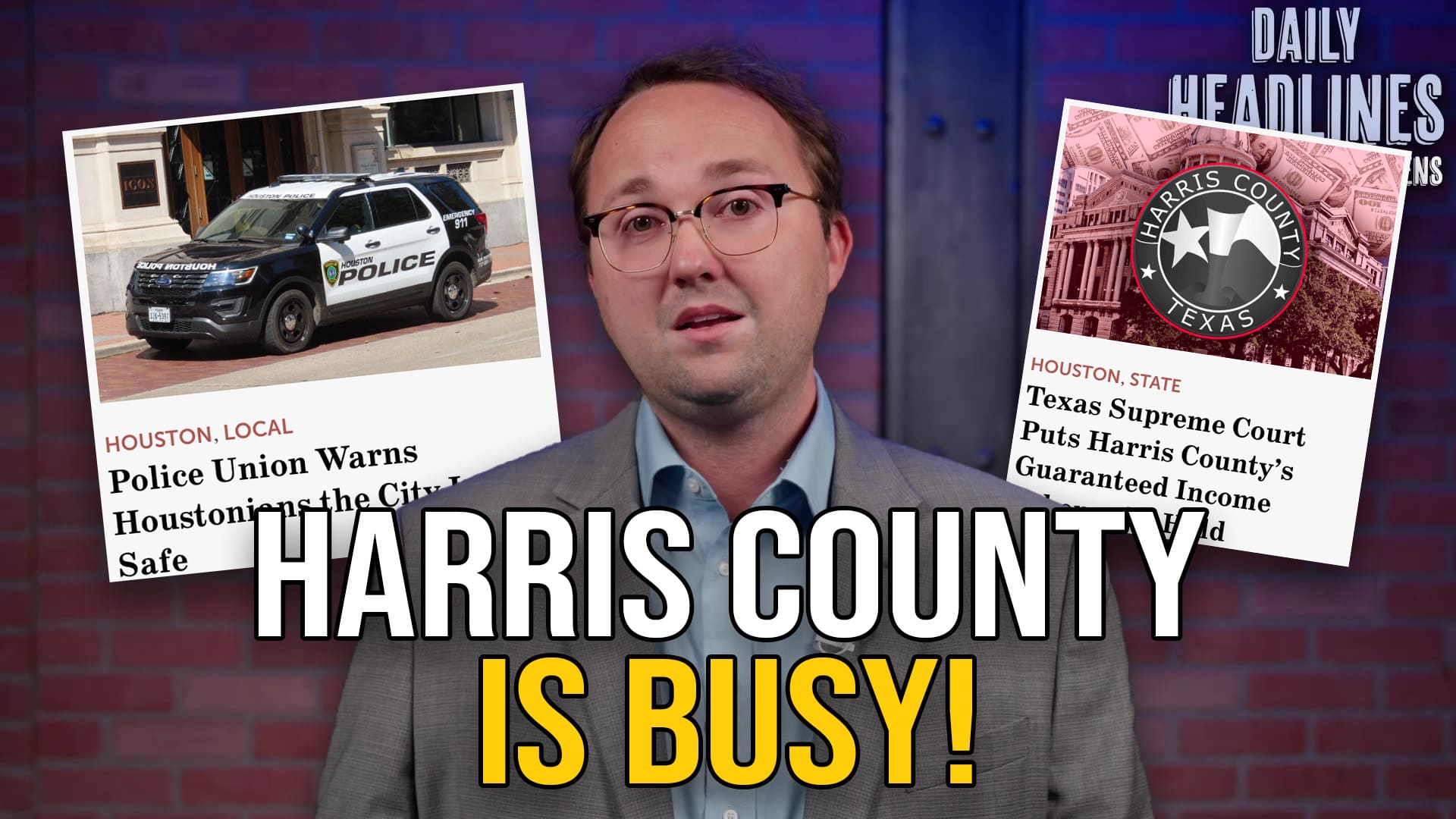Friday afternoon, the 125-year old Texas Railroad Commission (RRC) received the results of its third sunset review since 2010. The Sunset Commission’s executive summary refers to the agency as one “steeped in the Texas mystique” as it discusses the diverse history of the RRC and how its focus and scope has shifted throughout history. “But instead of looking back to its storied past,” it says, “the agency now needs to look forward…” The Sunset Commission – comprised of five senators, five representatives, and two public members – outlines seven issues and key recommendations that propose stricter monitoring and enforcement, reallocation of some responsibilities to other state agencies, and changes to hearings procedures to name a few.
Issue One: Continue the Railroad Commission of Texas for 12 Years With a Name That Reflects the Agency’s Important Functions.
Despite its failure to pass during the last review cycle, the sunset review has once again proposed a name change to the agency. It continues to be a subject of much debate, not only during recent legislative sessions, but now during the heated run-off election for Railroad Commissioner. Sunset staff points out in the Executive Summary that “probably the most important change to provide transparency is to let the people of Texas in on what this agency does by having its name accurately reflect its mission.” Despite a long history of regulating Texas railroads, the RRC hasn’t held that responsibility since 1984, when all rail, trucking, and bus regulation was taken over by the federal government. With that said, they recommend the reauthorization of the RRC, but rather, as the “Texas Energy Resources Commission”.
Issue Two: Contested Hearings and Gas Utility Oversight Are Not Core Commission Functions and Should be Transferred to Other Agencies to Promote Efficiency, Effectiveness, Transparency, and Fairness.
The Sunset Commission, in an effort to prevent overlapping programs, believes the State Office of Administrative Hearings (SOAH) is better suited to conduct the agency’s contested hearings, noting that the SOAH “provides a neutral and independent forum” that already “conducts contested hearings for nearly 60 agencies.” In addition, the suggestion was made to transfer gas utility regulation from the RRC to the Public Utility Commission of Texas (PUC) in order to consolidate responsibilities by having all state utility regulation funnel through one, single agency.
Issue Three: Oil and Gas Monitoring and Enforcement Need Improvements to Effectively Ensure Public Safety and Environmental Protection.
The Sunset Commission suggests that the RRC improve its record keeping and strengthen penalties for violations. Recommendations to address these issues range from developing a strategic plan for the oil and gas division responsible for tracking and measuring the effectiveness of monitoring and enforcement to creating a formal process for issuing expedited penalties for minor violations and requiring online submittal of production reports. By implementing online submittals and developing a process for issuing expedited penalties alone, the RRC could gain over $2.7 million in revenue annually, according to the Sunset Commission.
Issue Four: Insufficient and Inequitable Statutory Bonding Requirements Contribute to the Large Backlog of Abandoned Wells.
The Legislature requires oil and gas well operators to provide financial assurance (i.e. bonding) to help recoup the cost of plugging a well and remediating the site should the operator go out of business. However, in 2015, the required bonds only covered approximately 16 percent of the cost to plug wells, resulting in an insufficient and outdated bond amount. The commission also felt that the current blanket bond structure disproportionately charged producers that operated a smaller number of wells. The commission suggested changing the bond structure in order to “better reflect risk and increase equitability.” This change could potentially result in an annual $1.3 million gain to the agency.
Issue Five: Improved Oversight of Texas’ Pipeline Infrastructure Would Help Further Ensure Public Safety.
In an effort to “more effectively protect public safety,” the Sunset staff recommends giving the RRC more authority to enforce damage prevention rules for interstate pipelines. Currently, there is said to be a regulatory gap between the federal and state government in enforcing these rules. They also recommend allowing the RRC create a pipeline permit fee. For approximately 100 years, pipeline operators have been required to obtain a permit from the agency. This fee is said to help the agency supplement the cost associated with this function, creating an approximate annual savings of $1.8 million (depending on the fee amount).
Issue Six: The Railroad Commission’s Contracting Procedure Are Improving, but Continued Attention is Needed.
With contracted activities – such as IT improvements and site remediation – comprising almost 40 percent of its annual expenditures, the RRC depends heavily on contract work to complete important responsibilities. In an effort to improve contracting procedures, the Sunset staff recommends the agency’s executive director report quarterly to the commissioners the status of contracting improvements, centralize all contract administration functions, and implement and maintain “contracting best practices”.
Issue Seven: The Railroad Commission’s Statute Does Not Reflect Standard Elements of Sunset Reviews.
According to Sunset staff, “Among the standard elements considered in a Sunset review are provisions that the Sunset Commission applies across the board to all state agencies under review.” Because the RRC does not have such provision in its current governing statute, the Sunset Commission has asked that this be implemented. Lastly, the recommendation was made to allow the Oil and Gas Regulation and Cleanup Fund Advisory Committee to expire.
According to Sunset staff, “The recommendations in this report aim to better prepare and position the agency to achieve its important mission. Enactment of a bill in the next legislative session to reauthorize the commission for 12 years would be a start.”




